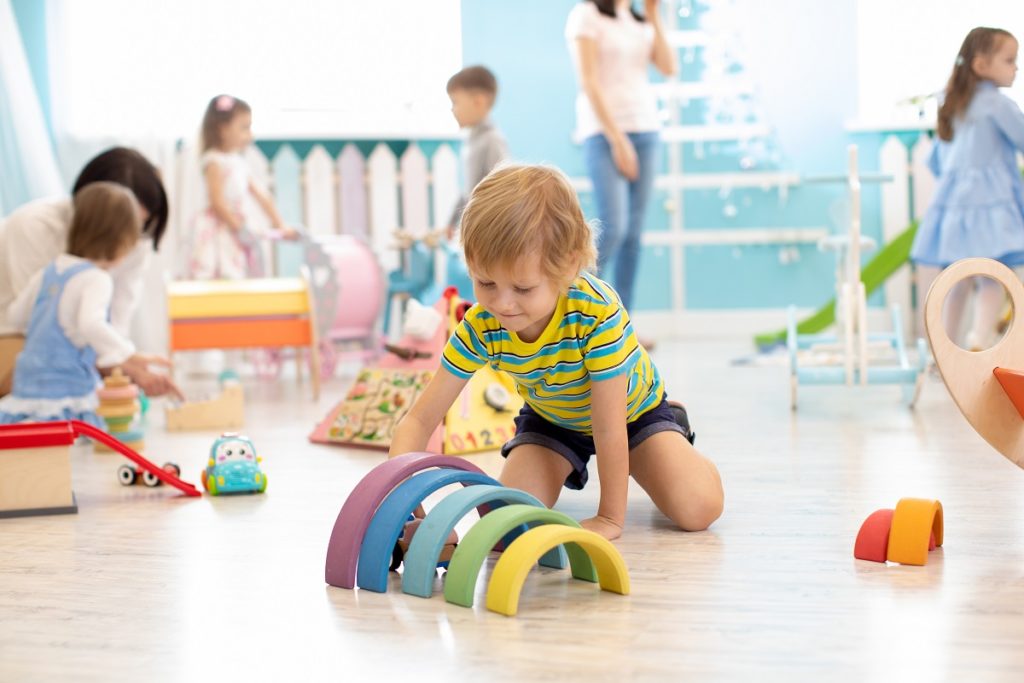The need for play is never more critical than during childhood. That’s why it’s crucial to consider its benefits and how you can use it to promote healthier development for your child.
Experts say that the changes that are happening in our society are taking a toll on the next generations’ childhood experiences. Now, more and more people would rather have their children play with gadgets inside their home, diminishing the time that they could have spent outdoors at play. This results in an overall preference of a more sedentary lifestyle.
That’s why it’s crucial to understand the importance of outdoor play to ensure your child’s healthy development. But what does outdoor play do for a child, anyway?
Outdoor Play in Childhood Development
Science Direct describes the outdoors as an open space environment that continually changes over time. Children who get to play outdoors have better chances of getting exposed to the sun and experience more freedom to move around. These factors can contribute to their bones’ development as well as the strengthening of their immune system.
Allowing them to have a large play structure is also crucial, especially when it comes to their physical well-being. Now that there’s a growing concern over childhood obesity, letting them get the physical activity they need will help them become fit. More importantly, it’ll also help them shed any excess weight, while also getting them used to being active physically.
Understanding the Concept of Play
 When adults think about the word “play,” they usually think of a single kind of activity that kids enjoy. But Harvard Graduate School of Education says that play comes in various forms.
When adults think about the word “play,” they usually think of a single kind of activity that kids enjoy. But Harvard Graduate School of Education says that play comes in various forms.
Play often comes in three different types. These are independent play, social play, and guided play. Experts describe social play as an interactive play that children engage in with one another. It’s also applicable when they play with adults, and can be as simple as tossing a ball or even playing make-believe games. Meanwhile, independent play is games that children can do by themselves. A few examples of them are doing puzzles or playing with dolls or action figures. In guided play, children usually play within a context that adults have made up for them. This usually involves props and other activities, such as those that they might engage in while at camp.
When children play, they start to learn how to interact physically and socially with their environment. Alongside this, play also teaches them the power of their imagination. They can also practice their problem-solving skills and begin to learn what is safe and what is not. Playing also stimulates their flight or fight response, albeit in a controlled and safe environment. This is crucial, especially when facing potentially dangerous situations.
Understanding the applications of play to a child is crucial to their development. That’s why it’s vital to let them experience what it’s like to play outside. Doing so allows them to interact with other kids, helping them improve their social skills while also strengthening their bodies, particularly their immune system. So, the next time that your child asks you to take them to a park, do so, and have some fun with them while you’re out there.
